STORY CONTINUED FROM PREVIOUS PAGE
David Walker (Firestone Walker Brewing Co.) on Parabajava
I’m sort of little bit of a purist. Just because I love two things doesn’t mean that they belong together. Beer’s the number one liquid that goes down my throat. Coffee’s number two, which is probably pretty sad, but that’s probably the truth. These two sort of belong together, and I’m getting used to it.
This is basically Parabola that’s been aged in bourbon barrels for just over a year. For those of you who don’t know, Parabola is a big, big Russian Imperial Stout. It’s a sad day in the brewery when they brew Parabola. They like to say it’s like pushing cookie dough through a strainer, getting Parabola out of the lauder. Big motor oil, sort of viscous, and this is a beer that has got the shoulders to carry coffee flavors.
I don’t know if you know much about Matt Brynildson, but he’s sort of big on balancing his beers. He really wants them to be very elegant. So he was setting out to find a very mild coffee. That’s what he wanted. We worked through eight different coffees, and the last one you sent us was El Diablo, which is a dark roast. We were all pretty surprised that gave us the best result. That gave us the mild result we were looking for. I suppose, the point being, the brew team had no idea which way to start.
The thing that sort of fascinates me, when I was talking to Merlin, Matt, about this, it’s the infinite variables you add to an infinitely variable process. In our case, we cold infuse coarse grounds of El Diablo coffee. We steeped it for three days in a certain amount of Parabola, and that gave us our result. If we just think of the infinite possibilities, it’s interesting.
John Barley (Solemn Oath Brewery) on None More Black
Over the last 18 months, we’ve done a lot of different coffee beers. We do things a little different. We first did a Belgian wit – we went through a cold press, doing a cold brew, essentially – and infusing it back into the keg for the yeast break, even keg by keg. We thought we were losing a lot of complexity. We weren’t doing the coffee justice by doing it that way. We were getting a lot of the roasts, but we were killing a lot of the aromas. More recently, the beer we brought tonight, we started doing a teabag concept.
This is the first beer we’ve ever tapped in the state of California. We’re a draft only brewery. We’re about 18 months old, we’re also pretty small in comparison, about 4000 barrels. The beer we brought is None More Black, which is kind of a beer without a style. We call the beer a Belgo-American black ale. It’s essentially a black IPA with Brett saison yeast, and we dry hop it with Simcoe, so you also get a super earthy, resinous funkiness to it. For this beer, we wanted to do something special. This is the only keg of it that we did make. We used Intelligentsia coffee, and we used a Kenyan blend. Jay’s going to talk about it real quick.
Jay Cunningham: Kenya’s an interesting coffee to use in beer, because it is a real high acid coffee. You ask a lot of coffee people what their favorite country of origin is, many of them will say Kenya. Kenyan coffees are exceptionally high quality, they have big body, they have a lot of focus, a lot of complexity. They sometimes have a really distinctive orange and citrus. They’re also very expensive. The country’s very organized and focused on quality.
John Barley: It’s a super complex beer. There’s a lot going on. We didn’t do a cupping. We went over to Intelligentsia and used the knowledge of their staff and told them what we were seeking out, and what they would suggest. We went through a half-hour process, just talking about the different roasts and talking about the different methods they use. We needed something that was acidic, we needed something that was super citrus-y, to really compete with a lot of shit that’s going on in that beer. We went with this and think it turned out fantastic.

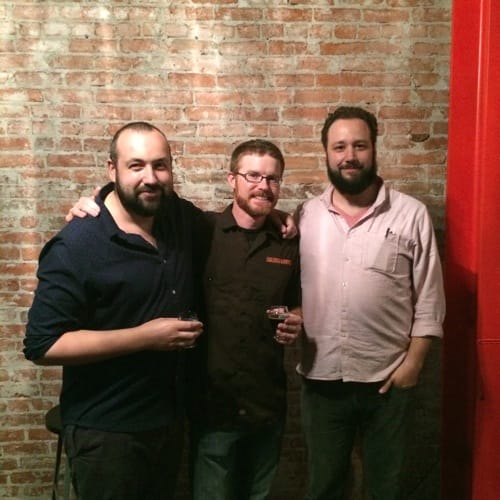
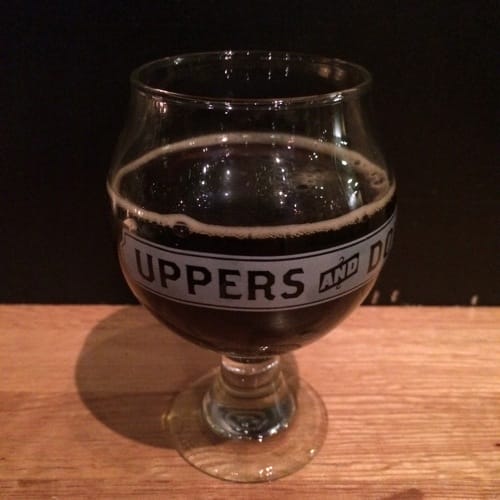
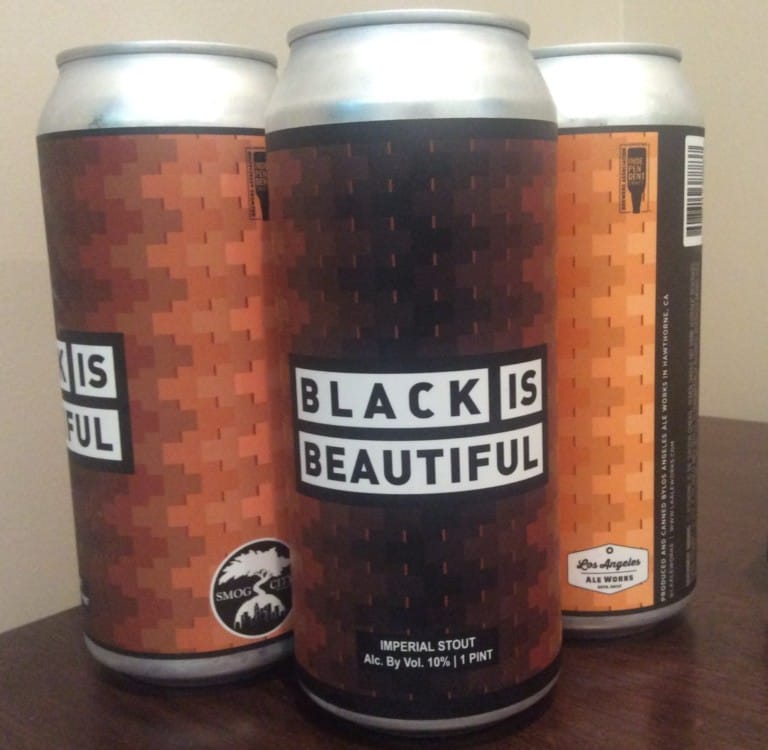
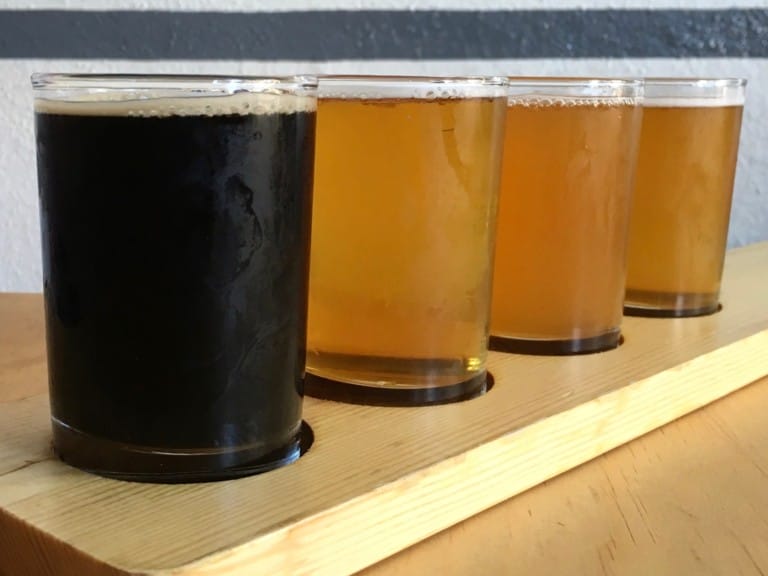
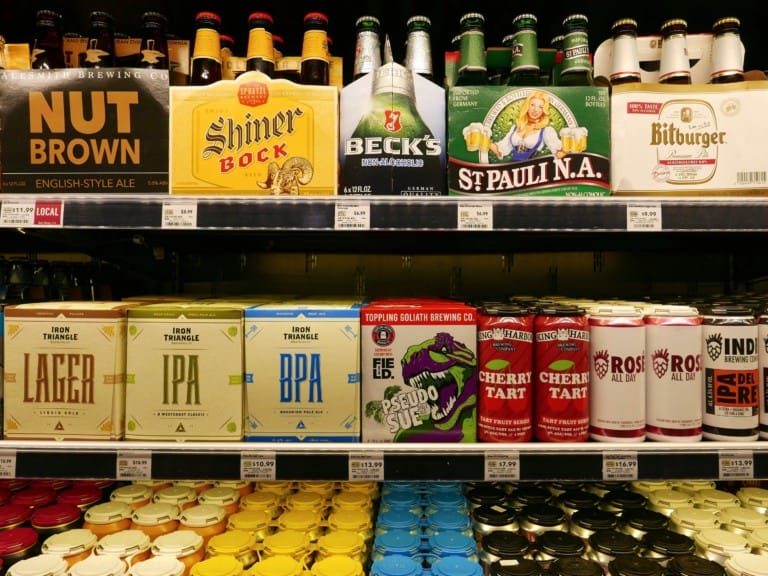




Leave a Comment